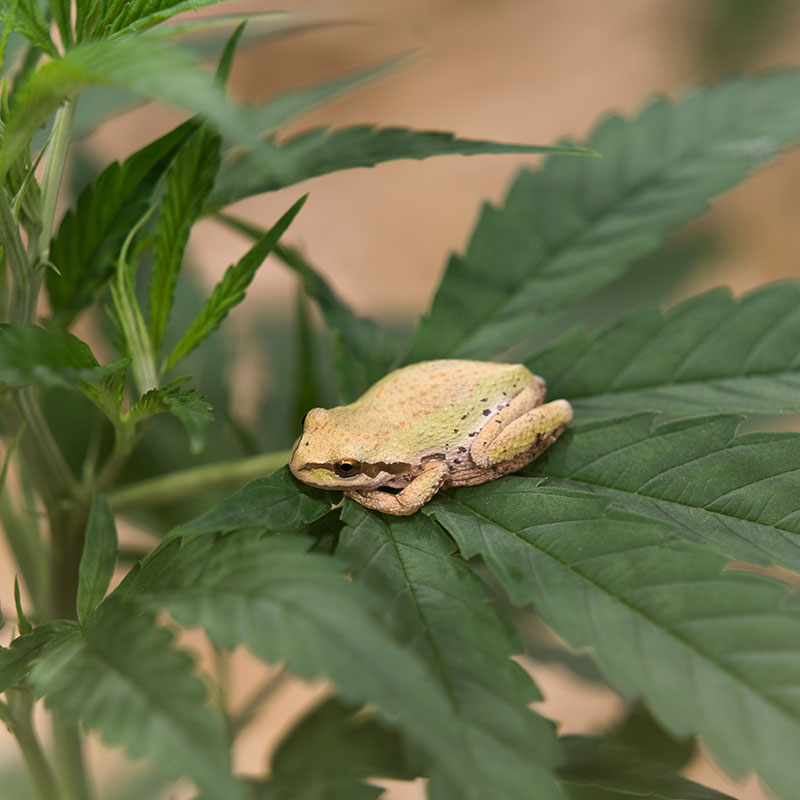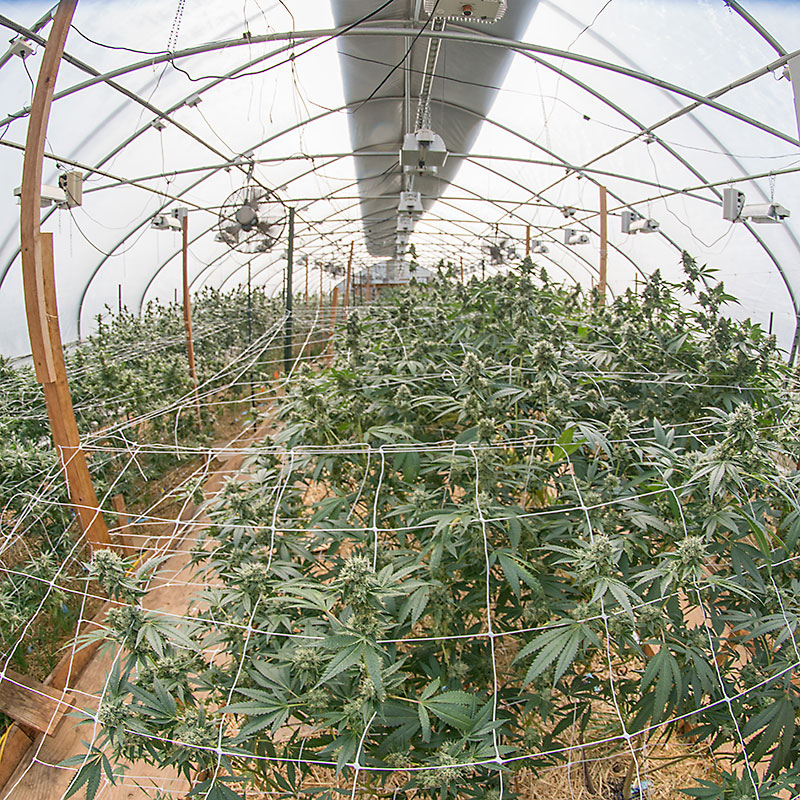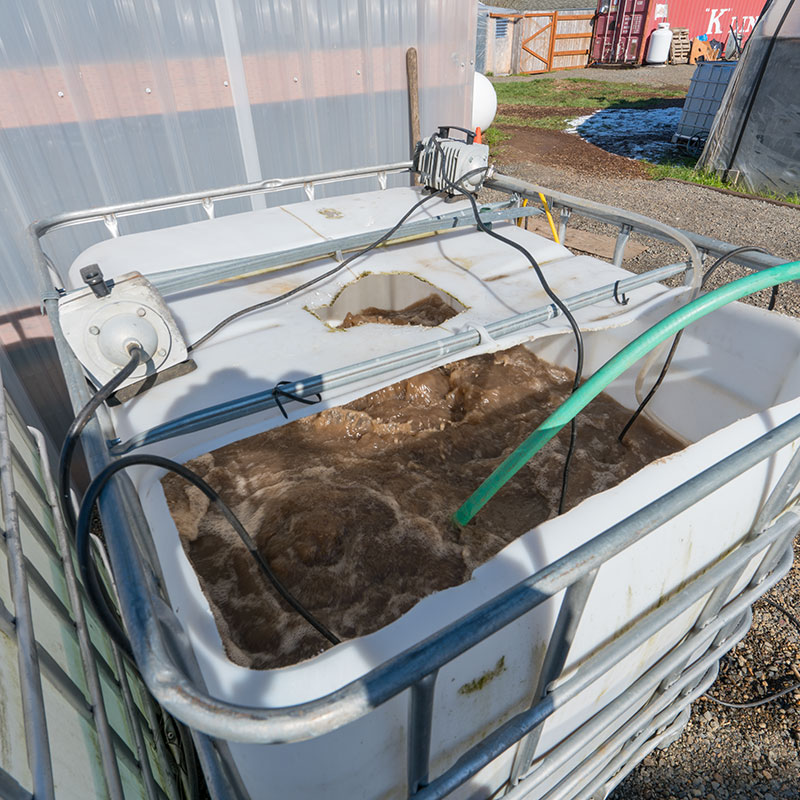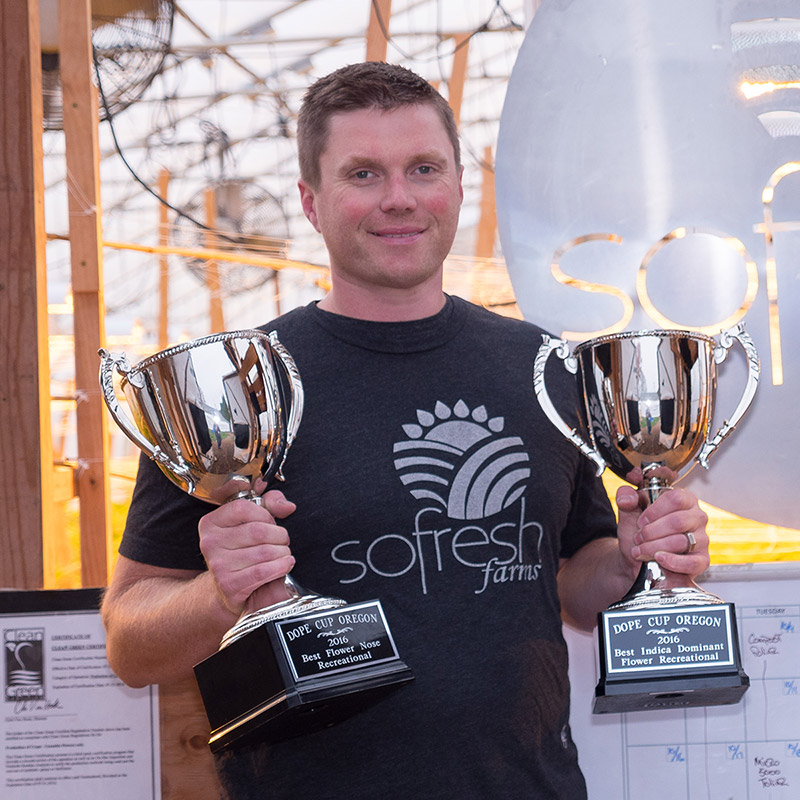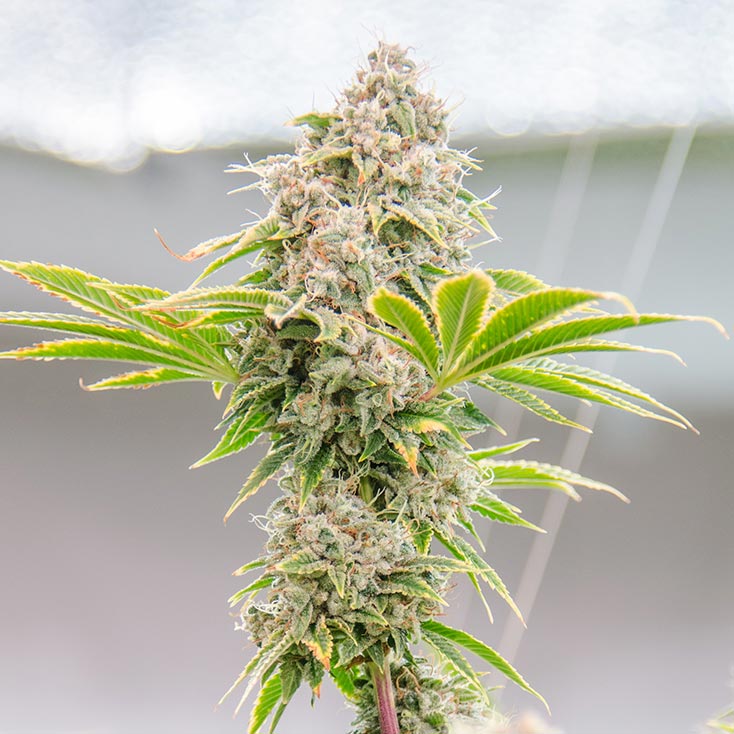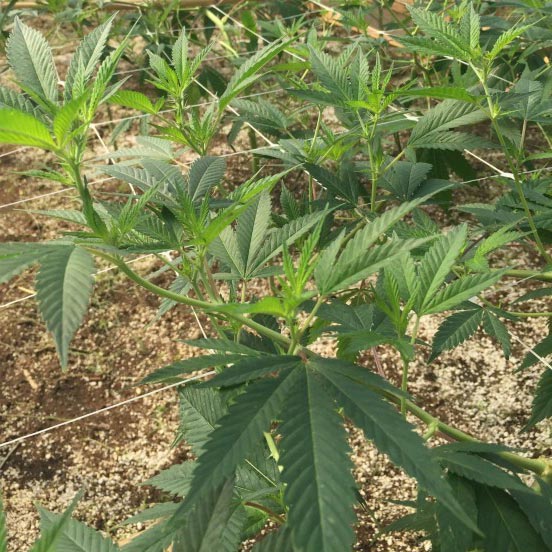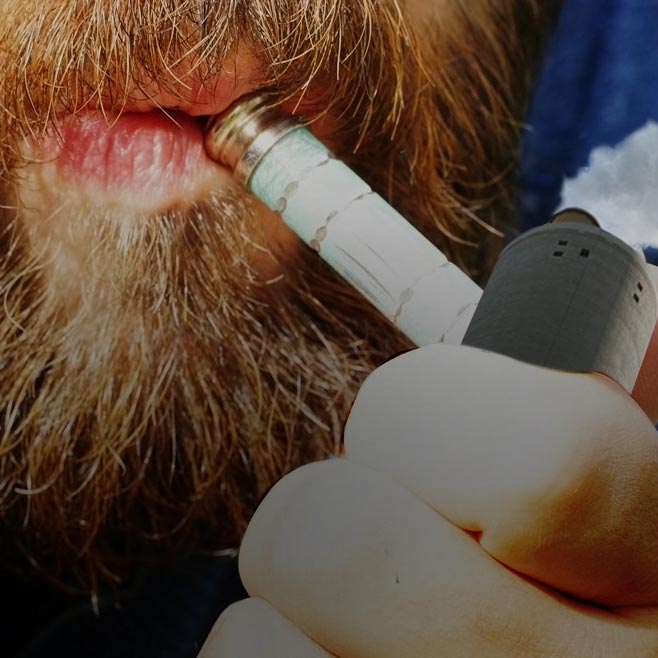We are lucky here on the West Coast to have such a vibrant community of sustainable, forward-thinking cannabis lovers.
Last month, members of #teamsofresh attended The Science of Organic Regenerative Cannabis Conference in Portland to hear the latest in environmentally conscious growing practices from some of the most prominent experts in our field right now.
What did we learn? Here’s the short list:
- Tilling breaks down the soil food web. Each time a bed is tilled, the fungi and bacteria in the soil have to work to rebuild those nutrient super highways.
- Gone are the days of making an educated guess about plant health. With advancements in science, growers now have increasingly more accurate tools like microscopes and an array of nutrient meters at their disposal.
- Mycorrhiza has an edophytic relationship with cannabis, meaning it has a symbiotic relationship by entering plant cells.
- The ideal fungi-to-bacteria ratio for cannabis is 1:1, and sometimes even as much as 5:1.
- The pots you choose to grow in really matter. Black pots tend to hold in heat and, in turn, create a hostile environment for bacteria and fungi. In cases of plants grown in bags, which tend to dry out quickly, organisms often go dormant or die when the soil gets too dry. Once this happens, plants often eventually show deficiencies and/or pest pressure.
- Many growers get stuck in the cycle of playing catch-up when it comes to pest pressure. By staying on top of it, dipping clones and then releasing beneficials early on, this gives the beneficial population a chance to get ahead of any pests.
A big thank you to all who participated in this event! We’re already looking forward to next year!

